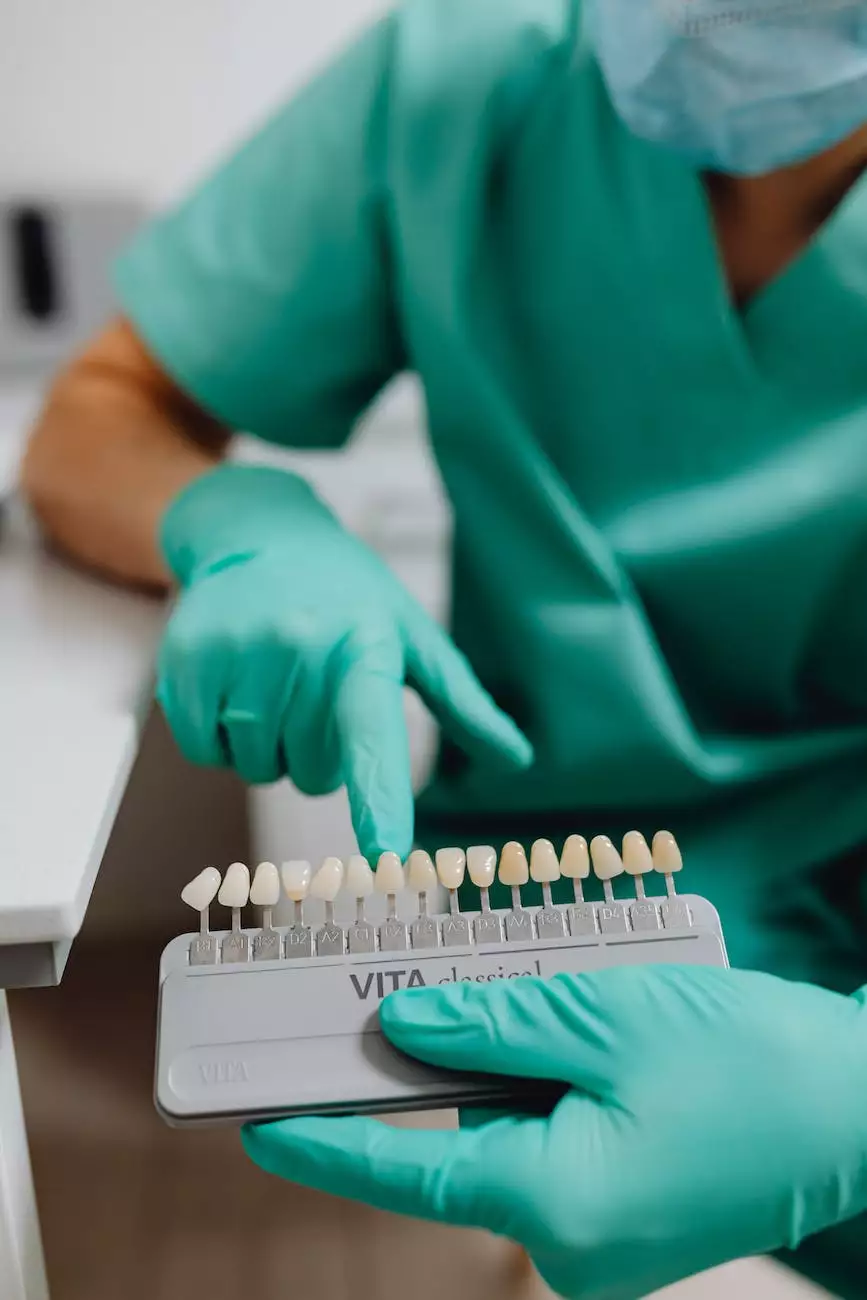How to Increase Bone Density After Menopause

Introduction
Welcome to Norton Community Medical Associates, a leading provider of healthcare services in the field of bone health. In this article, we will explore effective strategies to increase bone density after menopause. Menopause is a natural phase in a woman's life that brings about hormonal changes, and these changes can have a significant impact on bone health. Our aim is to help you maintain strong and healthy bones during and after menopause.
Understanding the Importance of Bone Health
Bone health is crucial at every stage of life, and it becomes even more vital as we age. Strong and dense bones provide support, protect our organs, and facilitate mobility. However, as women enter menopause, the decline in estrogen levels can lead to a loss of bone density, making them more vulnerable to osteoporosis and fractures.
Factors Affecting Bone Health
Various factors contribute to the loss of bone density after menopause. These include:
- Low estrogen levels
- Age-related decline in calcium absorption
- Inadequate intake of calcium and vitamin D
- Sedentary lifestyle
- Smoking and excessive alcohol consumption
- Family history of osteoporosis
- Certain medical conditions and medications
Strategies to Increase Bone Density
1. Maintain a Balanced Diet
Eating a nutrient-rich diet is essential for maintaining and improving bone health. Incorporate foods high in calcium, such as dairy products, leafy greens, and fortified cereals. Additionally, ensure an adequate intake of vitamin D, which aids in calcium absorption. Fatty fish, eggs, and fortified foods are excellent sources of vitamin D.
2. Regular Exercise
Engaging in weight-bearing exercises, such as walking, jogging, dancing, or weightlifting, can stimulate bone remodeling and increase bone density. Include strength training exercises, which help build and maintain muscle mass, providing support to your bones.
3. Hormone Replacement Therapy (HRT)
Consult with your healthcare provider regarding hormone replacement therapy. HRT can help alleviate menopausal symptoms and may also preserve bone density. However, it is important to discuss the potential risks and benefits with your doctor before considering this therapy.
4. Avoid Smoking and Excessive Alcohol Consumption
Smoking and excessive alcohol consumption have been linked to decreased bone density. Quitting smoking and limiting alcohol intake can have positive effects on bone health.
5. Get Regular Check-ups
Schedule regular check-ups with your healthcare provider to monitor your bone health. They can assess your risk factors, perform bone density tests, and provide personalized advice based on your individual needs.
6. Consider Supplements
In some cases, supplements may be recommended to ensure adequate intake of essential nutrients. Your healthcare provider can guide you on the appropriate supplements for your specific needs.
7. Be Mindful of Falls
As you age, practicing fall prevention strategies becomes crucial. Ensure your living environment is safe by removing hazards, using handrails, and maintaining good lighting. Additionally, exercises to improve balance and stability, such as yoga or tai chi, can reduce the risk of falls and fractures.
Conclusion
In conclusion, maintaining optimal bone health after menopause requires a comprehensive approach that includes a balanced diet, regular exercise, medical guidance, and a healthy lifestyle. By following these strategies and working closely with your healthcare provider at Norton Community Medical Associates, you can increase bone density and reduce the risk of osteoporosis. Take control of your bone health today and enjoy a life of strength and vitality!









